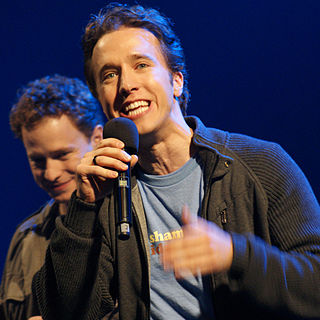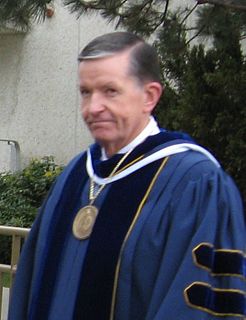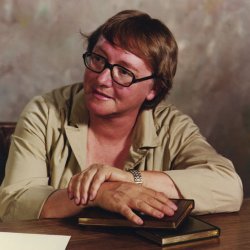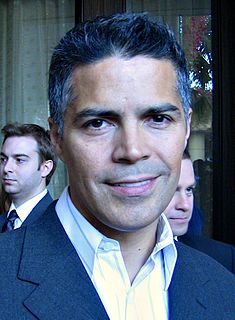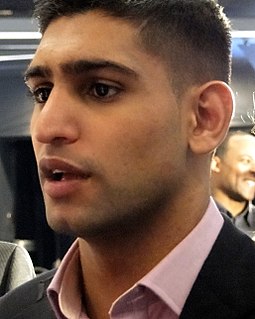A Quote by Craig Kielburger
My grandfather didn't come to Canada for his own sake. He didn't leave behind his family to cross the Atlantic and be knocked to the canvas. He came here so that his son, my father, would have a better life.
Related Quotes
When the father dies, he writes, the son becomes his own father and his own son. He looks at is son and sees himself in the face of the boy. He imagines what the boy sees when he looks at him and finds himself becoming his own father. Inexplicably, he is moved by this. It is not just the sight of the boy that moves him, not even the thought of standing inside his father, but what he sees in the boy of his own vanished past. It is a nostalgia for his own life that he feels, perhaps, a memory of his own boyhood as a son to his father.
I know my grandfather drank occasionally socially, what we call "taking a sip." And my father never touched the bottle. He condemned my grandfather for doing that, and his punishment to his father was when my grandfather came to visit him from Georgia, he would not allow my grandfather to preach in his church.Even though my classmates very often drank alcohol in my presence and they would try and get me to join in, I felt, no, I didn't need that.
Sir Walter, being strangely surprised and put out of his countenance at so great a table, gives his son a damned blow over the face. His son, as rude as he was, would not strike his father, but strikes over the face the gentleman that sat next to him and said, "Box about: twill come to my father anon."
Jesus Christ was the only one capable of performing the magnificent Atonement because He was the only perfect man and the Only Begotten Son of God the Father. He received His commission for this essential work from His Father before the world was established. His perfect mortal life devoid of sin, the shedding of His blood, His suffering in the garden and upon the cross, His voluntary death, and the Resurrection of His body from the tomb made possible a full Atonement for people of every generation and time.
Many years ago, our father Ibrahim (AS) made a choice. He loved his son. But He loved God more. The commandment came to sacrifice his son. But it wasn't his son that was slaughtered. It was his attachment to anything that could compete with his love for God. So let us ask ourselves in these beautiful days of sacrifice, which attachments do we need to slaughter?
From these Christians who came to [Avalon] to escape the bigotry of their own kind I learned something, at last, of the Nazarene, the carpenter's son who had attained Godhead in his own life and preached a rule of tolerance; and so I came to see that my quarrel was never with the Christ, but with his foolish and narrow priests who mistook their own narrowness for his.
When Christ was about to leave the world, He made His will. His soul He committed to His father; His body He bequeathed to Joseph to be decently interred; His clothes fell to the soldiers; His mother He left to the care of John; but what should He leave to His poor disciples that had left all for Him? Silver and gold He had none; but He left them that which was infinitely better, His peace.
And he arose and came to his father. But while he was still a long way off, his father saw him and felt compassion, and ran and embraced him and kissed him. And the son said to him, 'Father, I have sinned against heaven and before you. I am no longer worthy to be called your son. But the father said to his servants, 'Bring quickly the best robe, and put it on him, and put a ring on his hand, and shoes on his feet. And bring the fattened calf and kill it, and cet us eat and celebrate. For this my son was dead, and is alive again; he was lost, and is found.' And they began to celebrate.
My grandfather on my dad's side was the first in our family to settle in the U.K. He came from Pakistan on his own in the '60s and worked in a cotton mill in Bolton, earning enough to bring over the rest of his family. My dad, Shah, was only about eight when he came to this country. Like most immigrants, he has a fierce work ethic.
Socialism is the doctrine that man has no right to exist for his own sake, that his life and his work do not belong to him, but belong to society, that the only justification of his existence is his service to society, and that society may dispose of him in any way it pleases for the sake of whatever it deems to be its own tribal, collective good.
